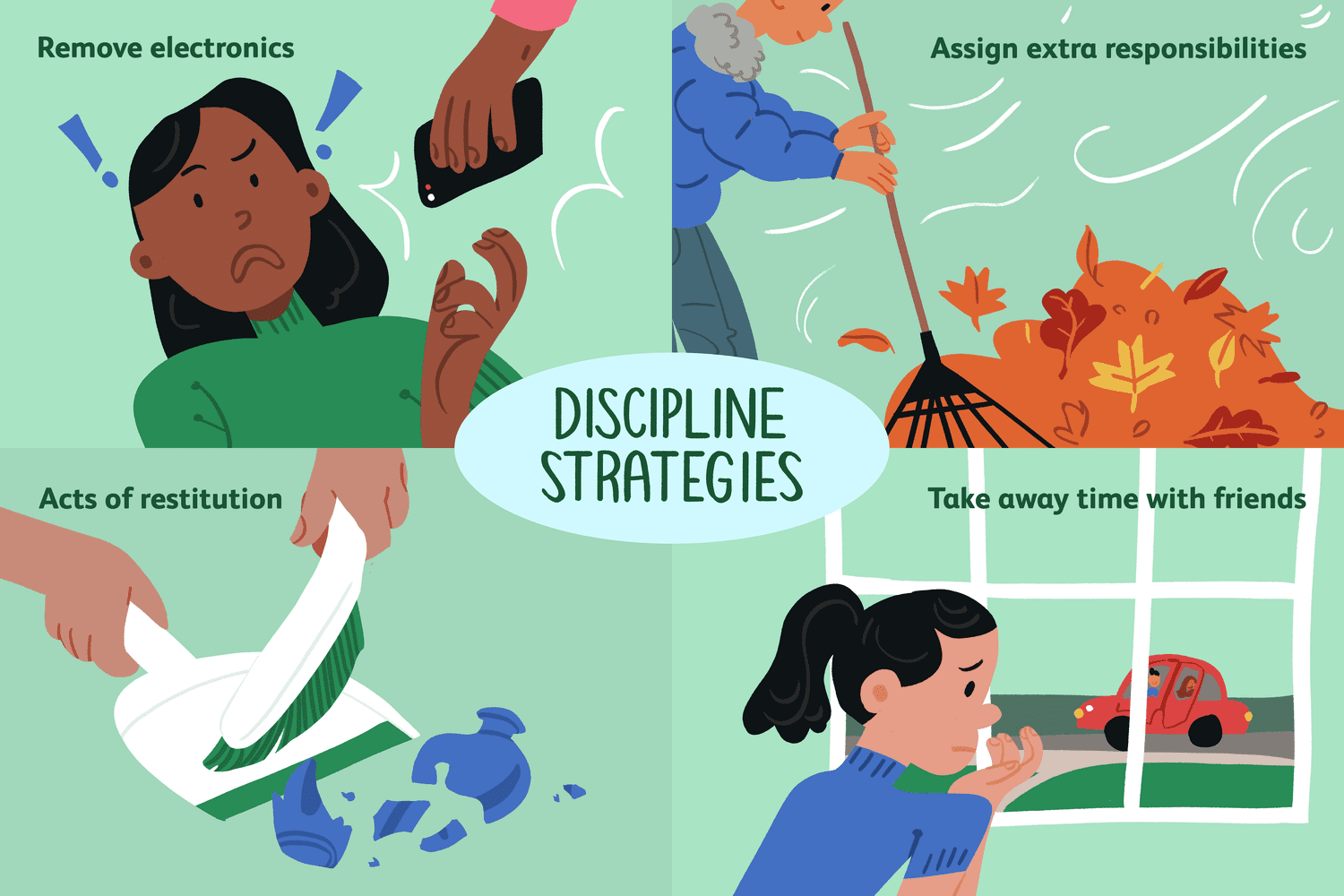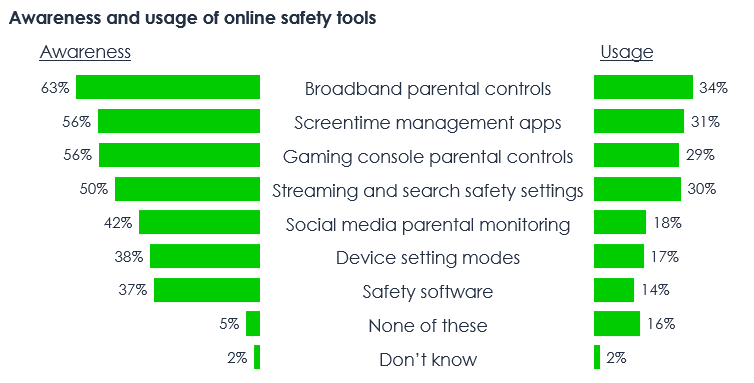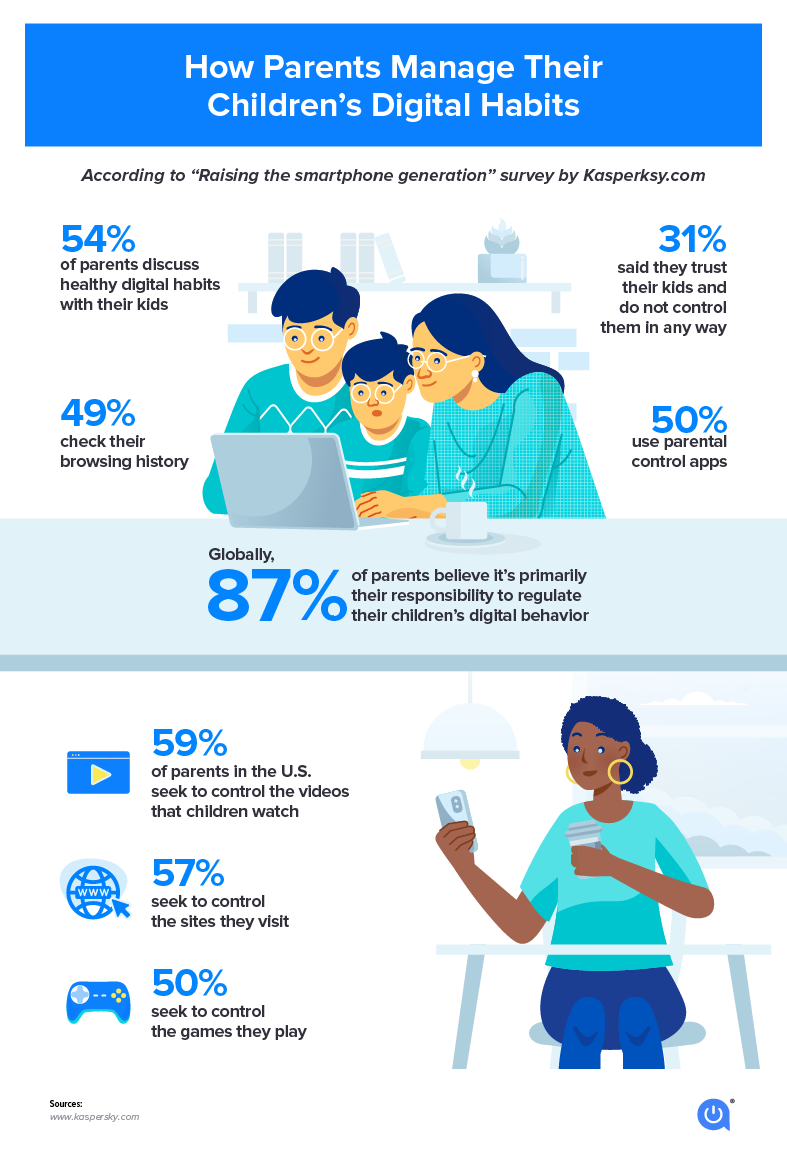So, you’re looking for parental options for a 16-year-old who’s spinning out? Yeah, I’ve been down that rabbit hole. And let me tell you, it’s not a neat little checklist you find online, no matter how many articles you read.

I remember when my nephew, let’s call him Alex, hit that patch. My sister was at her wit’s end. He was a good kid, mostly, then suddenly it was like a switch flipped. Sneaking out, grades tanking, that sullen silence that just screams trouble. We all felt it, that rising panic. Your first instinct, or at least mine, was to clamp down. Hard. More rules, take away the phone, the laptop, ground him indefinitely. You know, the classic “show them who’s boss” routine.
What a disaster that was. It was like throwing gasoline on a fire. He just got sneakier, more resentful. We were fighting all the time, the whole family walking on eggshells. My sister would call me crying, “What are we doing wrong?” And honestly, I didn’t have a clue back then. I was just reacting, throwing every “tough love” tactic I’d ever heard of at the wall, hoping something would stick.
The So-Called “Fixes”
Then came the desperate late-night searches for “options.” Oh, the things you find. Boot camps that promise to “break them down and build them back up.” Wilderness programs where they send your kid off into the woods for weeks. Therapeutic boarding schools with price tags that could fund a small nation. We looked into some of them. Some sounded okay on paper, others just felt… off. Like we were trying to outsource the hardest job we’d ever have.
The thing is, most of these “options” felt like they were addressing the symptoms, not the actual kid underneath. It was like putting a fancy new roof on a house with crumbling foundations. We talked to a couple of people who’d sent their kids away. One said it was a miracle. Another said it was the biggest mistake of their life, made their kid worse. Talk about confusing.
My big “aha!” moment, if you can call it that, wasn’t some sudden revelation. It was more like a slow, painful realization that we were looking at it all wrong. We were trying to find an “option” to control Alex. But a 16-year-old isn’t a faulty appliance you send off for repair.

We had to change our approach. That was the real practice, the real work. It started with trying to actually listen, and I mean really listen, not just wait for our turn to talk or lecture. It was painful. Sometimes he’d say nothing. Other times, he’d lash out. We had to learn to sit with that discomfort, not just react to it.
We eventually found a family therapist, not one of those who just nods and smiles, but someone who actually got in the trenches with us. She helped us see that a lot of Alex’s behavior was coming from a place of fear and insecurity, stuff he couldn’t articulate. He felt like a failure, and he was acting out that feeling.
So, what did we do? It wasn’t one big thing. It was a thousand tiny, exhausting things.
- We stopped trying to win every battle. We picked our non-negotiables – safety, basic respect – and learned to let some of the smaller stuff slide, just to reduce the constant conflict.
- We tried to find common ground. Even something small. For Alex, it turned out to be old cars. My brother-in-law started taking him to car shows, just them. No pressure, no lectures. Just time.
- We celebrated tiny wins. I mean, tiny. Him actually joining us for dinner without a fight was a win. Him mentioning something about his day was a massive win.
- We had to set boundaries, for ourselves too. We couldn’t let his behavior dictate the entire family’s mood 24/7. We had to take breaks, support each other.
It was a slog. Two steps forward, one step back. Sometimes three steps back. There were days I thought, “This is it, we’ve lost him.” But we just kept showing up. Kept trying to connect, even when it felt impossible.
Is Alex “fixed”? Nope. He’s 19 now, still figuring things out. But he’s talking to us. He’s working part-time. He’s got a couple of friends who seem decent. He’s not out of control anymore. He’s finding his way. And we learned that the “options” aren’t out there in some program catalogue. They’re in the hard, messy, day-to-day work of being a family, even when it’s falling apart. It’s about being consistently present, even when you want to run screaming. That was our practice, and it’s an ongoing one, believe me.










